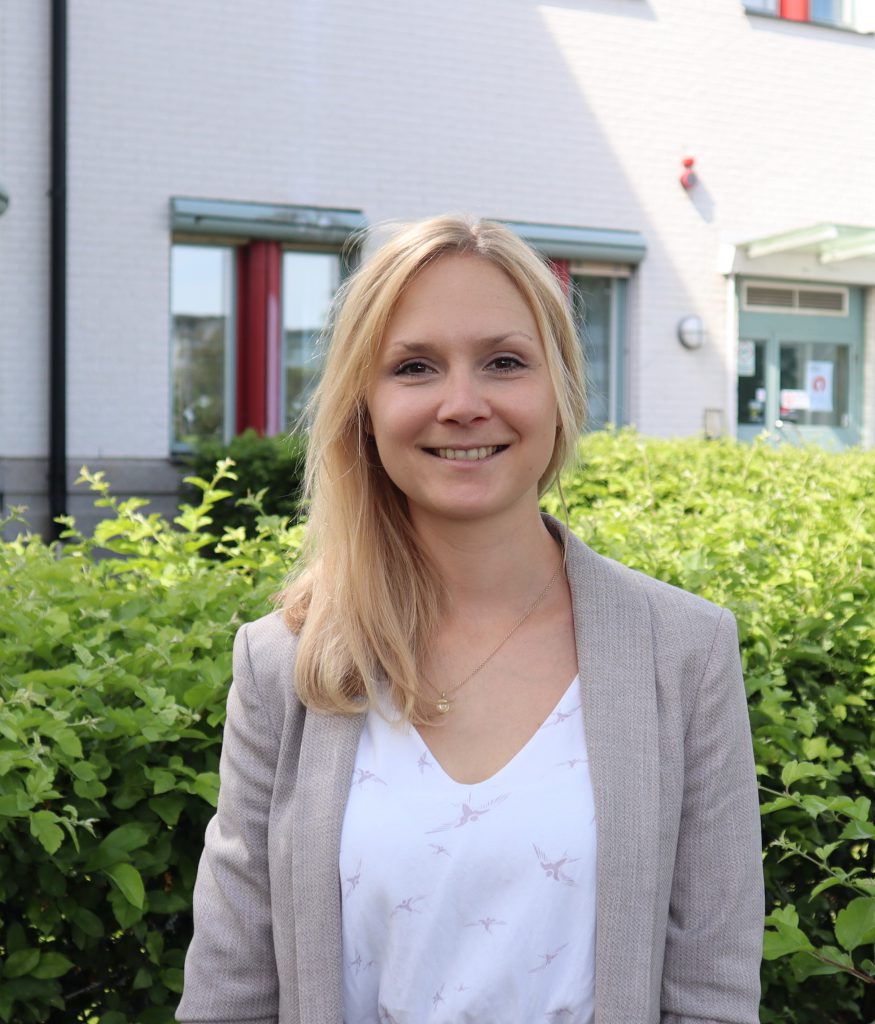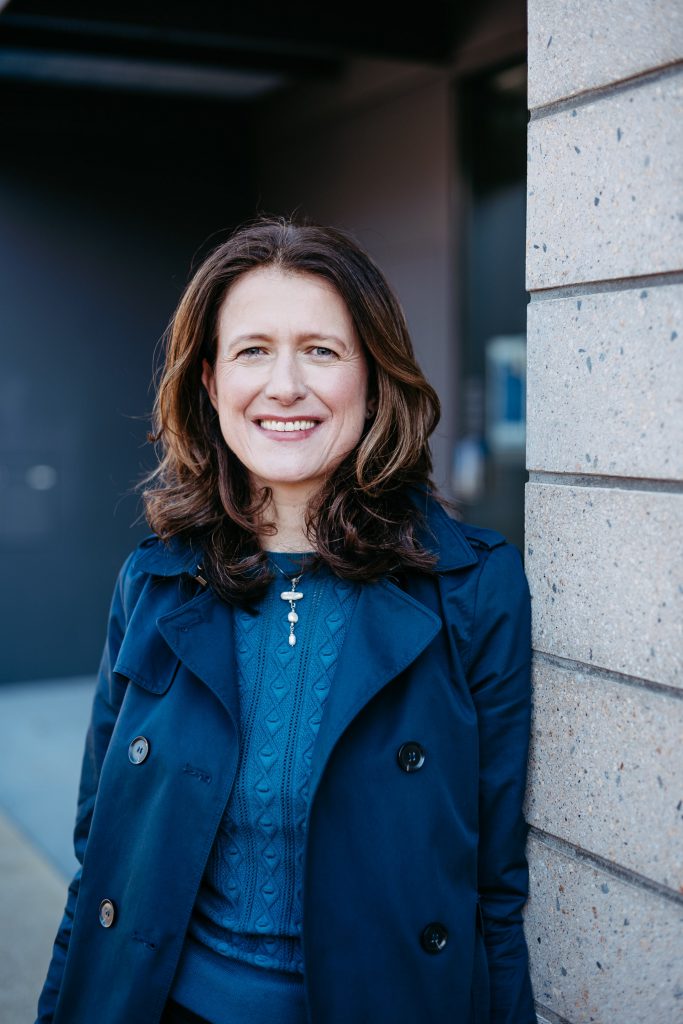Established 1991 Number of members: >450
Established as the ‘Green Politics Standing Group’ in 1991 by Dick Richardson, the Group was re-named the ‘Standing Group on Environmental Politics’ (SGEP) in 2012 to reflect the maturing and broadening of our field.
Aims and objectives
The Standing Group on Environmental Politics aims to:
- Serve as a network hub for researchers in the field of environmental politics;
- Facilitate electronic and face-to-face dialogue among scholars working on environmental political topics, particularly in (but not limited to) European countries;
- Promote the study of environmental politics within the political science community; and
- Support environment-related Workshops and Panels at ECPR conferences by helping to improve proposals submitted by scholars from ECPR member institutions.
Activities
To achieve these aims, the Standing Group:
- Uses an email list to circulate information to and from our membership;
- Convenes the ECPR Summer School on Environmental Politics and Policy, which is designed to bring PhD students together with leading researchers in the broader field of environmental politics and policy;
- Consults with our members to develop new and effective ways of diffusing information and promoting collaborative research on environmental politics.
Steering Committee Members
Daniel Hausknost (chair) is an Assistant Professor at the Institute for Social Change and Sustainability at the Vienna University for Economics and Business (WU Vienna). His research interests include the relationship between democracy, energy and sustainability, democratic theory, environmental political theory, political agency, theories of social transformation, and theories of the modern state. He holds a PhD degree in political science and international relations from Keele University (2012) and a Master of Philosophy (with distinction) from the University of Vienna. Before starting at WU Vienna in 2016, Daniel worked as a Senior Scientist at the Institute of Social Ecology (SEC) at the Alpen Adria University Vienna Graz Klagenfurt (AAU) (2012-16).
Carolin Zorell is a Senior Lecturer at the Political Science department of Örebro University in Sweden, where she investigates the preconditions and dynamics of political consumerism and, more generally, the transformation of consumption towards environmental sustainability. She focuses especially, but not exclusively, on food consumption and sustainability.
Before starting at Örebro University as a Postdoc in 2019, she studied International Business at the University of Applied Sciences Pforzheim and the Illinois Institute of Technology in Chicago (2006-2010), followed by a Master and Doctorate in Political Science at the University of Mannheim and Essex University (2010-2016). Afterwards, she worked as a researcher in various projects located at the Faculty of Social Sciences of the University of Siegen (2016-2018), as Lecturer in Political Sociology at the University of Mannheim (2018-2019), and as Research Associate at the Mannheim Centre for European Social Research.
Karen Siegel is head of the research group “Transformation and Sustainability Governance in South American Bioeconomies” at the University of Münster. She holds a PhD in Politics from the University of Glasgow, an MSc in Economic and Social Studies from Aberystwyth University and an MA (Honours) in French and Politics from the University of Edinburgh. Before moving to the University of Münster she was a Lord Kelvin Adam Smith Fellow at the University of Glasgow. Other previous work experience includes lecturing at Edinburgh Napier University where she led courses on global environmental politics, qualitative research methods and British politics in Edinburgh and Hong Kong in cooperation with Hong Kong University School of Professional and Continuing Education as well as two years in Brussels working with the European Commission and the consultancy Bernard Brunhes International and a year in Quito, Ecuador where she worked as an English teacher at the Centro de Educación Continua de la Escuela Politécnica Nacional.
Louise Knops is a post-doctoral researcher and guest lecturer in political science at the Université Catholique de Louvain (Belgium) and the Vrij Universiteit Brussel. Her current research takes place in the context of a Belgian-wide inter-university project (the Excellence of Science project NotLikeUs, funded by the FNRS and FWO) where she studies affective polarization and ongoing climate and social movements. In her PhD research, Louise Knops studied the concept of ‘political indignation’ in four movements: the Youth for Climate movement, the Yellow Vests, the Citizen Platform for Refugee Support and the radical-right movement Schild & Vrienden. She has published in leading international journals such as Mobilization, Representation, South Atlantic Quarterly, Politics and Governance and Political Research Exchange. Her research interests cover climate and ecological transformations, democratic theory, social movements, affects and emotions.

Lisanne Groen is an assistant professor in international environmental governance at the Open University of the Netherlands (OU). Before becoming an assistant professor, she was a postdoctoral researcher at the OU conducting research for the ‘Adapt Lock-in’ project on (Dutch) climate change adaptation policy. She completed her PhD in political science – on the European Union’s performance over time in the international negotiations on climate change and biodiversity – at the Institute for European Studies of the Vrije Universiteit Brussel, Belgium, in 2016. After her PhD she pursued her first (2-year) postdoc at the United Nations University Institute for the Advanced Study of Sustainability (UNU-IAS) in Tokyo, Japan (2016-18), on low-carbon technology transfer from developed to developing countries. She completed a Bachelor of Arts (European studies) and a Master of Science (political science – EU external relations) at the University of Amsterdam, the Netherlands. Her main research interests are national, EU and international climate change mitigation, adaptation and technology transfer policies.
How to join the Standing Group
If you would like to join the Environmental Politics Standing Group, you will need to create a myECPR account at http://www.ecpr.eu/. This only takes a few minutes, and you need not be from an ECPR member institution to do so. Then, click on the following link, and select ‘Join Standing Group’.
http://www.ecpr.eu/StandingGroups/StandingGroupHome.aspx?ID=9
If you are from an ECPR member institution your membership to the SG is automatic. If you are from a non-member institution we will need to accept your application to join, so your membership status will be ‘pending’ until we accept you.





